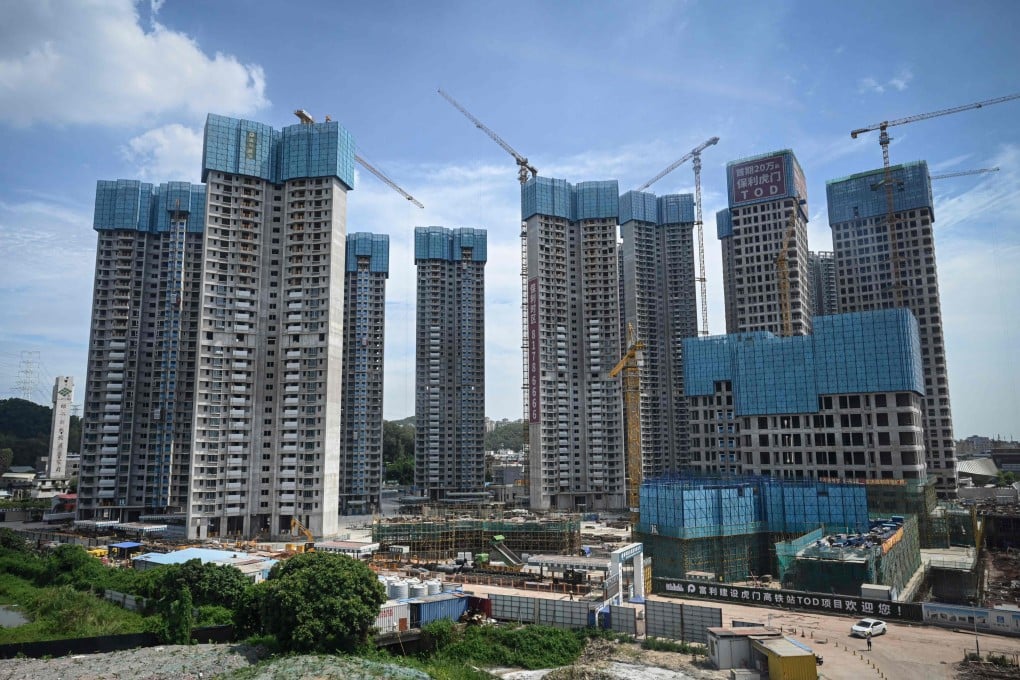Beijing talks up ailing property market with upbeat assessment after data shows housing demand remains weak
- A senior government official says Beijing’s austerity measures to de-leverage the property sector could pave the way for healthy growth in the market
- Comments emerge after home transaction volumes in 330 cities dropped 19.2 per cent in the year to June and their value plunged 23.4 per cent

The ongoing clean-up in China’s property sector – which accounts for 8 per cent of the world’s second largest economy – has made markets turbulent, but these are temporary setbacks and a resolution is around the corner which could be a harbinger of long term stability for the industry.
A senior government official said on Monday that Beijing’s austerity measures to de-leverage the property industry could take effect in due course, and this may pave the way for healthy growth in the market.
These comments came as authorities try to boost confidence and strike an optimistic note in an ailing sector amid ramped-up efforts from financiers and housing institutions.
Fu Linghui, spokesman for the National Bureau of Statistics, told a press conference on Monday that the country’s property market would be back on the growth track at the end of this campaign.

“The real estate market is undergoing a temporary adjustment,” he said. “The supply-demand balance will stabilise at an orderly pace if the adjustment is successfully enforced.”